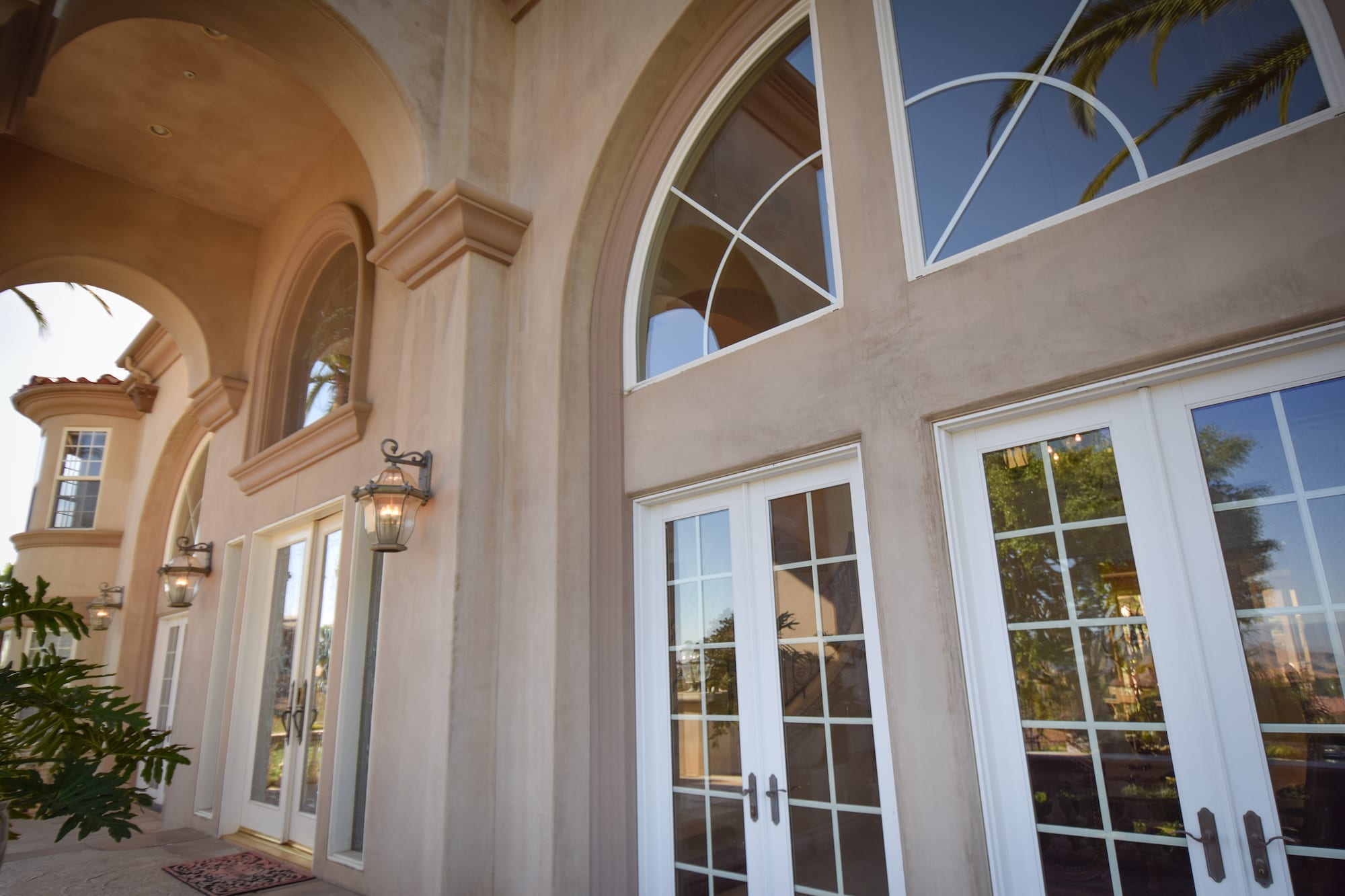How Residential Window Tint Can Minimize Power Bills
How Residential Window Tint Can Minimize Power Bills
Blog Article
Exactly How Residential Window Tinting Enhances Your Home's Energy Performance
Residential window tinting provides an engaging remedy for home owners seeking to enhance energy efficiency within their living areas. By using specialized movies to windows, it properly minimizes warm transfer, therefore supporting indoor temperature levels and minimizing the need for excessive home heating or air conditioning.
Understanding Home Window Tinting
Comprehending home window tinting is necessary for homeowners seeking to enhance both comfort and energy performance in their home. Residential Window Tint. Window tinting involves the application of a slim film to the inside or outside surface area of glass home windows. This movie can considerably modulate the amount of sunlight and heat that enters a home, hence influencing interior climate conditions
There are numerous types of window tinting movies available, each with distinctive residential or commercial properties. The effectiveness of window tinting is frequently determined by its Visible Light Transmission (VLT) percentage, which shows just how much light can pass via the movie.
Benefits of Power Performance
Window tinting not only improves aesthetic appeals but also plays a considerable role in enhancing energy effectiveness within domestic areas. By minimizing warmth transfer with windows, tinted movies create a more stable indoor climate, which can bring about substantial decreases in power usage for cooling and heating. This energy efficiency translates into reduced utility bills, providing property owners with considerable lasting cost savings.

Additionally, window tinting boosts the comfort of living rooms. By lessening glare and blocking harmful UV rays, tinted windows create a more positive environment, which can cause boosted health for residents. The protection versus UV rays likewise aids maintain furniture and flooring from fading, adding to the longevity of home products.
How Tinting Works
Tinting movies run with a combination of sophisticated products and innovations designed to manage the quantity of solar energy getting in a home. Largely made up of polyester, these movies typically integrate ceramic or metallic bits that soak up and show warmth. This double capacity permits them to significantly decrease the infiltration of ultraviolet (UV) rays and infrared radiation while allowing noticeable light to pass through.
The effectiveness of home window tinting is gauged by its solar warmth gain coefficient (SHGC), which shows just how much solar power is transferred with the home window. Reduced SHGC values are more suitable as they signify higher warmth rejection. Additionally, window colors can include a variety of shades, allowing home owners to personalize their aesthetic preferences while improving power performance.
Furthermore, these films function as a barrier, stopping warmth loss throughout chillier months by showing interior warmth back into the living room. This thermal insulation effect matches the air conditioning benefits gained during warmer months, contributing to a well balanced indoor climate year-round. By handling solar power properly, residential window tinting not only improves comfort however also plays a crucial function in minimizing power intake and lowering energy expenses.
Choosing the Right Tint

There are various kinds of window films available, consisting of colored, metalized, and ceramic. Ceramic movies offer outstanding warm control without endangering presence and are extremely long lasting, making them a prominent option.
Noticeable light transmission (VLT) is another crucial element, as it suggests the amount of natural light that can pass with the colored glass. Homeowners need to select a color with a VLT that enhances their lights preferences while still providing appropriate glow reduction.
Additionally, examining the solar heat gain coefficient (SHGC) can aid figure out just how well a tint can block warm from sunlight. A lower SHGC shows far better warmth control, inevitably boosting energy performance.
Installment and Maintenance Tips
Appropriate installment and visit this website upkeep are important parts in making the most of the benefits of domestic home window tinting. Professionals additionally make use of specialized devices and techniques, which can improve the toughness and effectiveness Discover More Here of the tint.
Adhering to setup, upkeep is vital to prolong the life of the window film. It is recommended to wait at the very least 30 days before cleaning up the colored windows to enable the sticky to cure completely.
Dealing with these concerns immediately can stop further damage and keep power performance. By adhering to these installment and upkeep pointers, home owners can guarantee their window tinting continues to supply substantial energy cost savings and comfort for years to come.
Conclusion
In final thought, domestic window tinting serves as an efficient option for enhancing energy performance within homes. By minimizing warm transfer and obstructing unsafe UV rays, home window films add to decrease power usage and improved interior convenience.
Home window tinting entails the application of a thin movie to the interior or outside surface of glass windows. By minimizing heat transfer through windows, go right here tinted films develop a much more secure interior climate, which can lead to considerable reductions in power intake for home heating and air conditioning.The effectiveness of window tinting is determined by its solar warm gain coefficient (SHGC), which shows how much solar energy is sent via the window. By managing solar power successfully, property home window tinting not just boosts comfort but additionally plays an important function in lowering energy usage and reducing energy costs.
By reducing warm transfer and obstructing unsafe UV rays, window films add to reduce energy consumption and enhanced indoor convenience.
Report this page